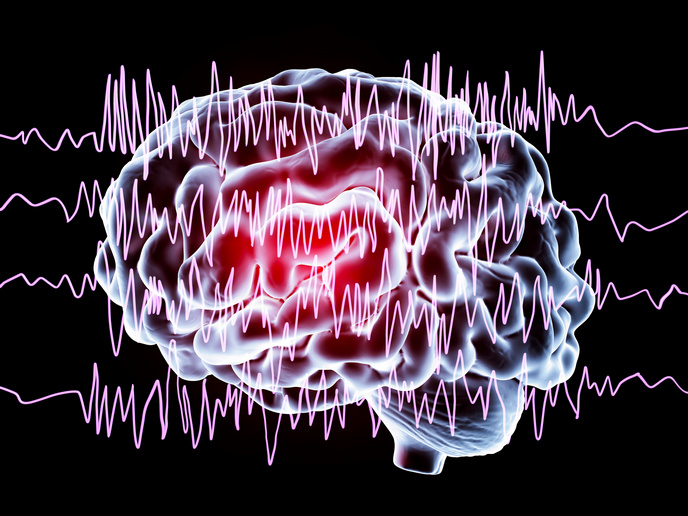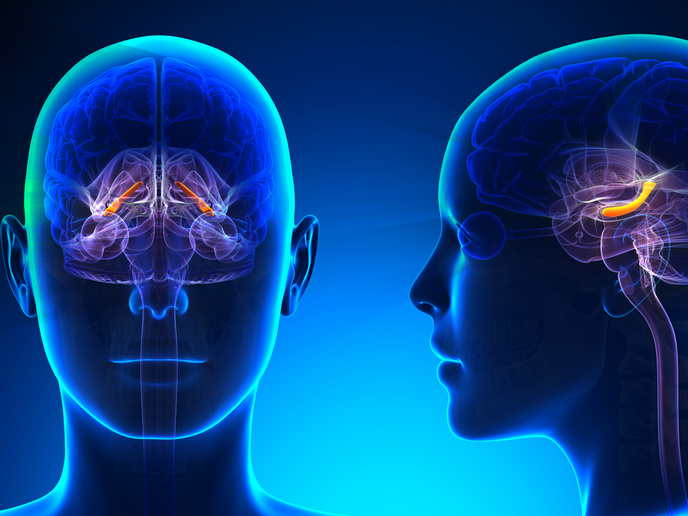Vitamin K studies help develop new therapies
Vitamin K-dependent proteins include the anticoagulants protein-S and Growth arrest-specific 6 (Gas6), which possess a similar structure and are produced in the liver, retina, brain and testes. The EU-funded 'Molecular mechanisms underlying the link between the vitamin K-dependent proteins, Gas6 and protein-S, and phagocytosis of apoptotic cells during cell differentiation' (Phagocytosis) project is investigating the role of vitamin K in regulating the cell membrane's ability to envelop particles resulting from the breakdown of cells. The work will contribute to the development of new therapies for treating disorders associated with cell differentiation. Researchers have developed a technique based on a culture of Sertoli cells, a highly specialised cell found in the testes. The cell culture was exposed to either tissue-specific substrates (from the testes) or a tissue non-specific substrate (from the retina) and analysed during phagocytosis. Defects in phagocytosis can result in problems during cell differentiation, the process by which a generic cell becomes more specialised. Results have indicated that the nature of the substrate is an important factor that should be considered when studying the molecular mechanism behind phagocytosis. The research has helped to explain the role of the vitamin K-dependent factor protein-S in regulating phagocytosis in apoptotic cells. Apoptosis is the normal, programmed death of a cell in a living organism, after which new cells are regenerated. The Phagocytosis initiative is giving scientists a clearer understanding of apoptotic substrate clearance in healthy and diseased states. This can help in the development of new therapies for targeting conditions associated with phagocytosis defects such as neurodegenerative disease, blindness and infertility. These are conditions that are becoming major health challenges in Europe as its population ages.







